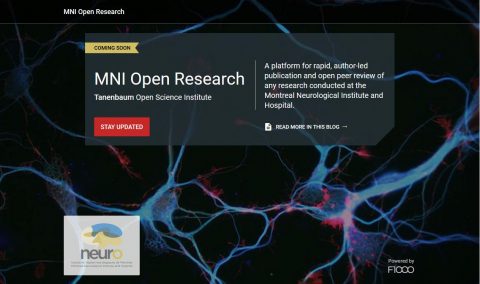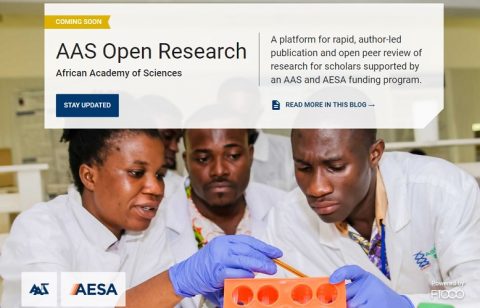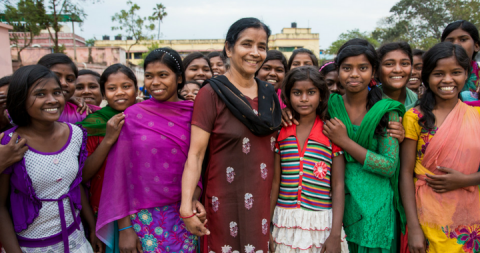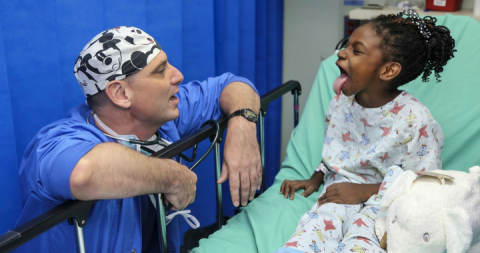As we draw to the end of another year here at F1000Research, we thought it would be the perfect opportunity to take a look back at what you’ve been reading the most on our blog. We share with you what have been our most read posts in 2017 covering a wide range of topics from peer review to puzzles in biology.
Today is another step on on the Montreal Neurological Institute’s journey to become an open science institute, as MNI Open Research publishes its first articles. The platform launches with three articles from its researchers and their collaborators, with more on the way.
Integrated development raises a lot of questions. Tessa Ahner-McHaffie and colleagues from FH360 tried to answer some of these in a Systematic Review published on Gates Open Research and currently being peer reviewed. In this guest blog, she describes the work that her and colleagues have done in exploring the evidence around this area of development work.
Our Managing Director, Rebecca Lawrence, announces another new publication platform – AAS Open Research – in partnership with the African Academy of Sciences. Rebecca sets out how this new platform could bring about a transformation in how the African research community works.
Gates Open Research, a new publication platform for grantees of the Bill & Melinda Gates Foundation, has published its first articles this week. One of the first articles to be published there is by Lisa Reimer and colleagues. Here, she describes their work in monitoring pathogens present in mosquitoes from their feces captured using a superhydrophobic cone and why they chose to publish on Gates Open Research.
A citizen science project carried out by the Hackuarium Association investigated the genome of various beers. The results of this work were published as as a Data Note on F1000Research. Jonthan Sobel explains what the thinking behind this project and what they found.
We end Open Access week by talking to Jennifer Hansen, Senior Program Officer & Ashley Farley, Associate Program Officer from the Bill & Melinda Gates Foundation who work on Gates Open Research and the foundation’s open access program.
In this Q&A, Martin Elliott, Professor of Cardiothoracic Surgery at University College London (UCL) and an Advisory Board Member for UCL Child Health Open Research platform, shares his views on open access, anticipating an increase in its use by institutions and grant-giving bodies, and explains how this could improve trust and transparency in the scientific community.
Our Managing Director, Rebecca Lawrence, announces our first publication platform on behalf of a public funder – Ireland’s Health Research Board. She reflects on the leadership being shown by the funders we work with and how the growing number of publication platforms is beginning to open up wider discussions.
We interviewed Carolina Ramirez Santana, a researcher working on auto-immune diseases, and the Lab Co-ordinator of the Translational Medicine Research Group at Centro de Estudio de Enfermedades Autoimmunes, Colombia. She discusses open access, lack of funding, and explains the challenges to disseminate research on theinternational stage for researchers in Colombia.













